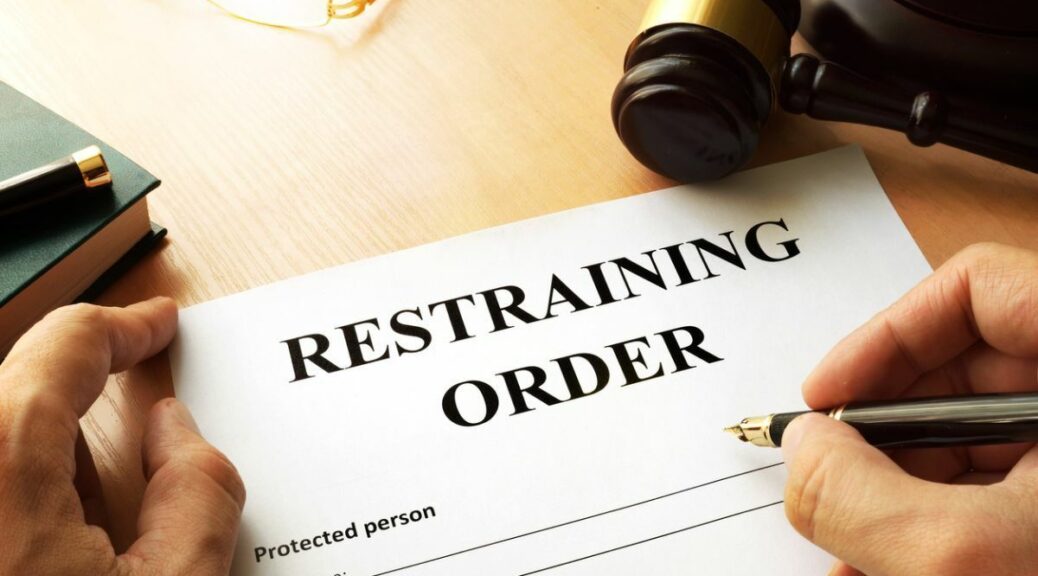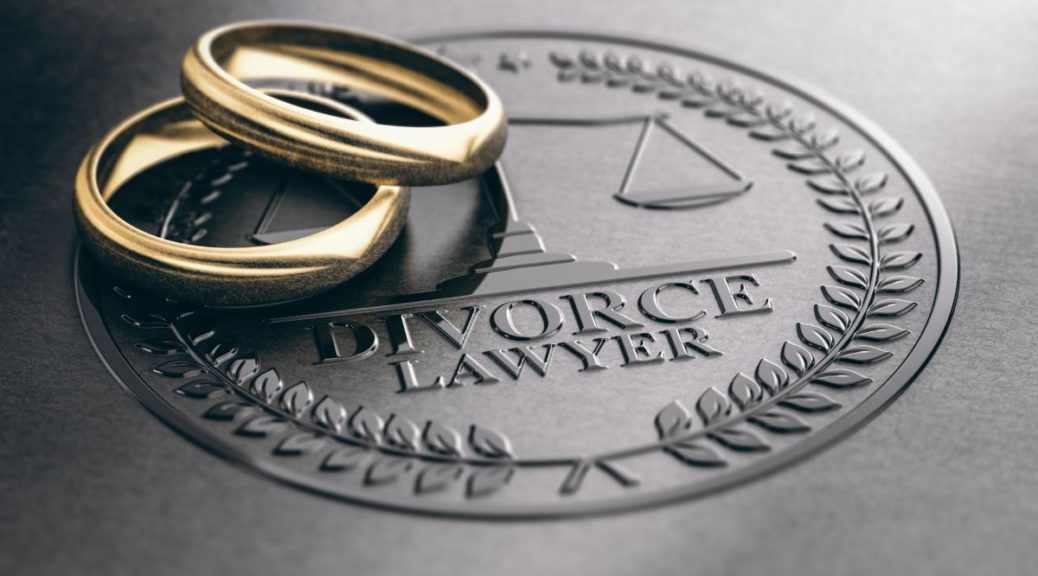When family law matters occur, you need a family lawyer, right? But what about complex situations? A Certified Family Law Specialist is just that – a certified specialist who handles complicated and difficult family law cases. When you have a heart problem, you don’t want a general practitioner; you want a heart specialist. Similarly, when your family has serious problems, turn to a CA Certified Family Law Specialist like Judy L. Burger.
What Is a Certified Family Law Specialist?
A Certified Family Law Specialist is an attorney who has been certified by the State Bar of California Board of Legal Specialization as having expertise in the area of family law. This certification is only awarded to attorneys who have demonstrated a high level of experience, proficiency, and commitment to family law through a rigorous process that includes examination and peer review. Certified Family Law Specialists are recognized for their specialized knowledge and proficiency in handling complex family law matters, including divorce, child custody, spousal support, complex property divisions, and other related issues.
A Certified Specialist Has Extensive Experience in Complex Cases
Certified Family Law Specialists are required to maintain their expertise by handling complex family law cases in order to expand their knowledge and experience. To maintain their certification, they must undergo recertification every five years, which involves completing additional continuing education and applying their extensive knowledge to assist California families.
A CFLS will have considerable experience with:
- Divisive legal separations after a long marriage
- Difficult divorces where the parties cannot agree on anything
- Military divorces where both parties are actively serving
- Complex business valuations where both spouses are owners
- Sophisticated property divisions involving retirement and other investments
- Heated mediations over support agreements
- Emotionally charged situations involving different family backgrounds
- Intense negotiations involving children and custody
- Heart-wrenching discussions over grandparents’ rights
- Litigating difficult child custody and support cases
- Ex parte “emergency” hearings to stop or prevent abuse
- Domestic violence assistance for spouses and children
- Complex paternity issues for fathers
- Completing and filing voluminous paperwork
- More…
Experienced and highly knowledgeable in family law, Judy Burger, a Certified Family Law Specialist, brings a wealth of expertise and legal acumen to the table. Her extensive education, years of practical experience, and specialized certification make her an ideal choice for obtaining the results you seek in your family law matters.
A Family Law Generalist May Not Be Enough
Difficult family law matters are often mentally and emotionally challenging. The possible complexities and problems are legion and no two cases are alike. A general family law attorney may know the law, but highly charged issues with layers of complexity can be beyond their level of expertise. Realizing your lawyer is out of his or her depth in the middle of your divorce, child custody battle, or other personal matter is far too late. You could risk:
- Losing custody
- Limited visitation rights
- Surrendering valuable assets
- Burdensome support agreements
- Your personal safety
- Your family’s welfare
- Your reputation
- Your future
An experienced CFLS like Judy Burger encounters tough cases on a regular basis, so she has experience and resources a general family law attorney simply doesn’t have. If you anticipate a volatile situation in the making, now is the time to see a specialist for seasoned guidance, advice, and representation.
Don’t risk your safety, your family, or your future. Contact The Law Offices of Judy L. Burger, Certified CA Family Law Specialist, to schedule a consultation today. Our team is prepared to go above and beyond what a mere family lawyer can do for you!











